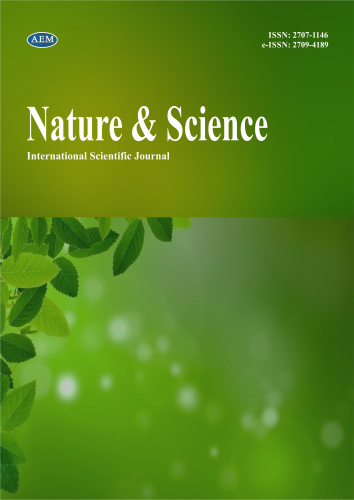https://doi.org/10.36719/2707-1146/54/22-25
Rasima Huseynova
Scientific Research Institute of Animal Husbandry
https://orcid.org/0009-0006-6702-0630
UOT: 638.22
rasimahuseynova74@gmail.com
Gafar Mammadov
Scientific Research Institute of Animal Husbandry
https://orcid.org/0009-0000-6624-1753
mammadovqafar61@gmail.com
Safa Musayeva
Scientific Research Institute of Animal Husbandry
https://orcid.org/0009-0004-7803-5817
musayeva.safa@gmail.com
Anfura Mammadova
Scientific Research Institute of Animal Husbandry
https://orcid.org/0009-0000-9719-5016
enfurememmedova@gmail.com
The Feeding and Development of Heat-Resistant Hybrids of
Silkworms Under Adverse Conditions
Abstract
Decree of the President of the Republic of Azerbaijan dated November 27, 2017 on the approval of the “State Proqram for the development of cocooning and sericulture in the Respublic of Azerbaijan for 2018-2025”
For the further development of sericulture in the future, mechanization of all work in mulberry silkworm feeding and cocoon collection, creation of higher silky and productive breeds and hybrids, heavy varieties, etc. such directions have been taken into account.
In recent years, climate change is one of the global problems affecting the world. As it is known industrialization has had great negative effects on the Earth`s climate system along with other atmospheric wastes there has been a rapid increase in the scale of greenhouse effect gases.
In the lowland regions of our republic the fifth age of mulberry silkworm feeding falls on the temperature period of 28-30-320C.
Due to the effect of such high temperature at least 45-50% of the worms get sick and die due to the effect of heat. In addition, the weight of the cocoons is low. Taking into account all this the creation and testing of hybrids with high cocoon weight and resistance to disease and heat is especially relevant. That is if the heat tolerance of the newly created hybrids is high it is possible to increase the production of cocoons and raw silk by 1,5-2,0 times without incurring additional costs.
Keydwords: breed, hybrid, heat, productivity, selection

